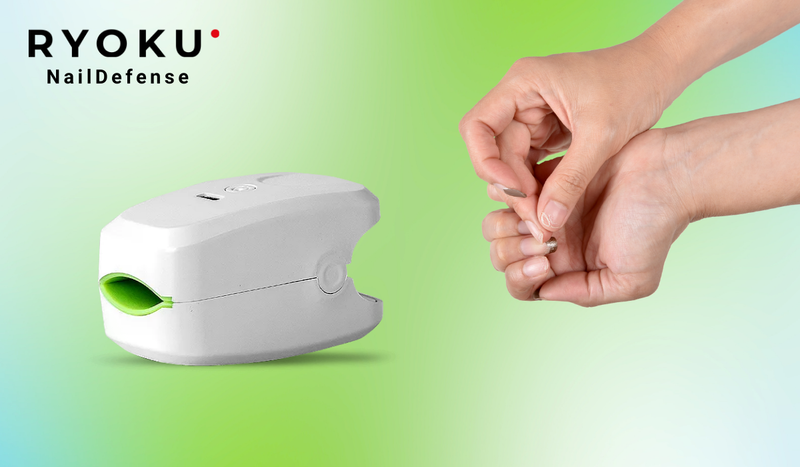How Robotics is Transforming Scientific Research
Robotics is rewriting the rules for science across the board.

Robotics is shaking up how scientists get things done. Researchers are leaning on these high-tech machines to boost efficiency, nail accuracy, and crank up productivity.
From labs to medical breakthroughs, environmental digs, and beyond, robots are pitching in big time. They’re letting scientists stretch the limits of what’s possible while dodging the usual human slip-ups.
Enhancing Laboratory Efficiency with Automation
Labs need precision and speed to churn out results you can trust. These days, scientists are handing off repetitive or finicky tasks to robotic systems. Take automated liquid handling—it’s a game-changer. These setups measure, shift, and mix liquids with spot-on accuracy. People mess up pipetting or prepping samples all the time, and that can throw off experiments. Automation keeps it steady and speeds things along.
Modern labs are decked out with robotic workstations for high-throughput screening and sample crunching. It’s a huge win for drug research—pharma folks need exact measurements to test new meds. Plus, it cuts contamination risks and makes experiments repeatable. By smoothing out those key jobs, robotics frees up researchers to dig into data and spark new ideas.
Advancements in Data Collection and Analysis
Robots are pulling off data grabs that used to be pipe dreams. They dive into brutal environments, handle risky spots, and scoop up info fast. Autonomous rigs can run long-haul experiments without blinking. That’s clutch for things like space missions or deep-ocean treks.
In environmental science, sensor-packed drones keep tabs on air and water quality. They dish out real-time numbers to track pollution shifts. Over in archaeology, robotic gear scans the ground to sniff out ancient ruins. Collecting and breaking down heaps of data like that sharpens up scientific precision. Researchers get solid, machine-gathered insights to base their calls on.
Precision in Surgical Procedures
Medical research is getting a major lift from robots. In surgery, these systems bring pinpoint precision and cut down on human flubs. They’re a steady hand for tricky operations where every move counts. Minimally invasive work shines with robotic help—patients heal quicker and come out better.
Scientists tap robotics for cooking up new treatments too. Automated setups chew through bio samples to spot diseases fast. In med labs, robotic tools speed up genetic breakthroughs. That kind of efficiency pushes medical wins forward—better options, better care all around.
Educational Applications of Robotics
Robotics is flipping the script on science education too. Colleges and research hubs use robotic setups to teach hands-on skills. Students wrestle with big ideas in engineering, biology, and physics using these tools. Getting comfy with robotic gear preps the next wave of scientists for what’s coming.
Training sims with robotics let researchers hone their chops before jumping into real projects. In med schools, robotic dummies mimic patient reactions for surgery practice. It’s interactive learning that sparks creativity, problem-solving, and quick thinking in research.
Environmental Monitoring and Conservation
Scientists are putting robots to work keeping tabs on nature. Underwater bots roam the seas, snagging data on marine life and diversity. They check coral reefs, spot oil spills, and clock climate shifts. Harsh conditions? No sweat for these machines—they’re built for it.
On land, robotic rigs plant trees like champs for reforestation. Drones scope out forests, flagging spots that need a green boost. Researchers even track endangered critters with robots, staying out of their way. It’s all about conservation and smarter, greener moves.
Addressing Occupational Safety
Research can get dicey—hazardous chemicals, risky setups, you name it. Robotics steps in to handle the dangerous bits, keeping folks safe. In chem labs, robotic arms mix sketchy substances with total control—way less chance of a spill or worse.
In industrial gigs, robots check gear in tough spots like oil rigs or nuclear plants. Space stations lean on them too. They take on jobs too hairy for humans, slashing accident risks and making research safer all around.
Future Prospects and Ethical Considerations
Robotics in research keeps picking up steam. Smarter AI’s making these machines sharper and more flexible. Scientists are tinkering with self-learning bots that can tackle research solo. It’s ramping up how much ground we can cover, fast.
But it’s not all smooth sailing—there’s ethical wrinkles to iron out. Automation might trim jobs in some research corners. Plus, AI-driven experiments bring up big “should we?” questions. Keeping progress in check with smart, fair use is the trick to making it last.
Conclusion
Robotics is rewriting the rules for science across the board. Lab automation, environmental watches, med breakthroughs, education—it’s boosting efficiency and nailing precision everywhere. Robots are key for gathering data, improving treatments, and keeping research safe.
As tech rolls on, robotics will keep reshaping how we explore. Scientists have to roll with it, tackling the ethical bumps along the way. The future’s tied to using these tools right. Embracing robotics opens the door to wild discoveries and a deeper grasp of what’s out there.






